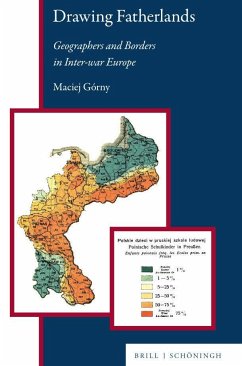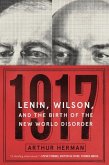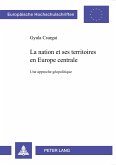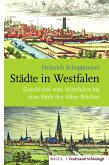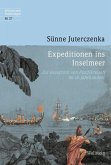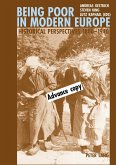Can geographers actually create their fatherlands? The story of the territorial reconstruction of East Central Europe in the wake of WWI gives an affirmative answer.The protagonists of this book were a cohort of young, talented and exceedingly ambitious people fascinated by the modernity of late 19th century German geographical sciences. During wartime they proved particularly successful in scholarship and in scientifically based national propaganda. Some of them succeeded in influencing the spatial idea of 'just borders' that allegedly corresponded best to geographical and ethnical realities. They offered ready-made solutions to questions of the self-determination of nations formulated by US President Wilson. But already during the Paris Peace Conference, geographers moved to concepts of a 'natural', 'biological' border, to ideas of the subjugation of entire ethnic groups. They now cherished visions of a demographic and geographical utopia of states that were ethnically homogeneous.
Bitte wählen Sie Ihr Anliegen aus.
Rechnungen
Retourenschein anfordern
Bestellstatus
Storno

